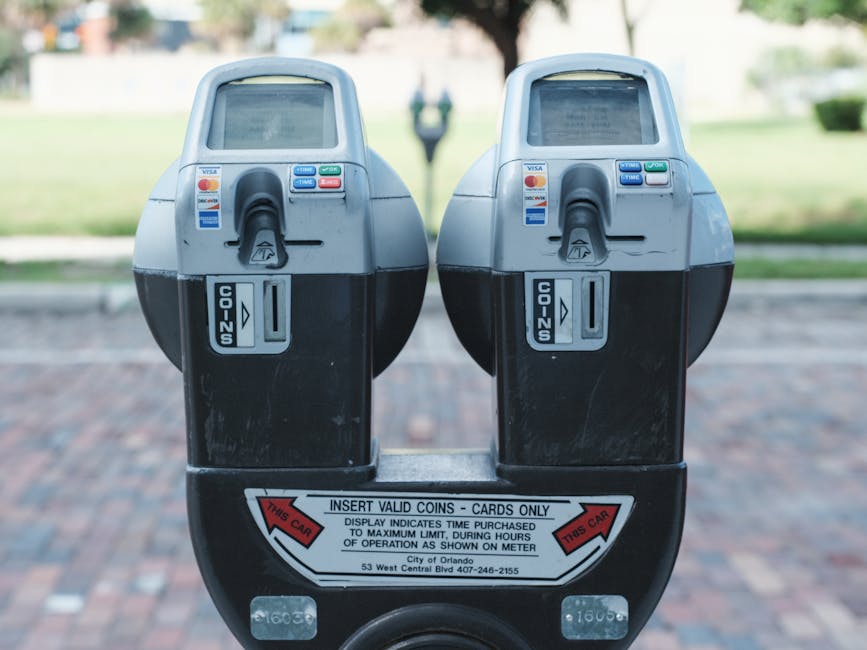The Role of Down Payments in Car Loans
Did you know that making a down payment on a car can save you money in the long run? Many people overlook this important step when buying a vehicle. In this article, well dive into why down payments matter, how they affect your car loan, and tips for making the best choice for your situation.
What is a Down Payment?

A down payment is the amount of money you pay upfront when buying a car. it’s usually a percentage of the total price. For example, if a car costs $20,000 and you make a down payment of $2,000, you are then financing $18,000.
Making a down payment reduces the loan amount you need. This can lower your monthly payments and the total interest you’ll pay over time.
Why Does a Down Payment Matter?

You might wonder, why should I bother with a down payment? Here are some key reasons:
- Lower Monthly Payments: A larger down payment means a smaller loan. This leads to lower monthly payments, making your budget easier to manage.
- Less Interest: The less you borrow, the less interest you pay. A down payment can save you hundreds or even thousands of dollars over the life of the loan.
- Better Loan Terms: Lenders may offer better rates and terms if you make a bigger down payment. This can make your car loan more affordable.
How Much Should You Put Down?

The amount you should put down depends on your finances, but a common guideline is 20%. For instance, if you want to buy a car costing $25,000, you would aim for a down payment of $5,000.
However, not everyone can do that. Here are some alternatives:
- 10% Down: A down payment of $2,500 on a $25,000 car can still help lower your loan amount.
- No Down Payment: Some lenders offer loans with zero down payment. But this can lead to higher monthly payments and interest.
What Happens If You don’t Make a Down Payment?

Choosing not to make a down payment can seem tempting. You get the car right away without saving up. However, there are downsides:
- Higher Monthly Payments: Without a down payment, youll borrow the full price of the car, leading to larger monthly payments.
- More Interest: Your total interest costs will rise since you’re financing more money.
- Negative Equity: If the cars value drops faster than you pay off the loan, you could owe more than it’s worth.
How Does Credit Score Affect Your Down Payment?
Your credit score plays a big role in your car loan. A higher score means lenders trust you more. This can lead to better rates and terms.
If you have a strong credit score, you might not need a large down payment. Lenders may offer you a good deal even with a smaller payment. On the other hand, if your score is low, expect to make a bigger down payment to offset the risk.
What are the Benefits of a Larger Down Payment?
Putting more money down can have several advantages:
- Lower Loan-to-Value Ratio: This ratio compares your loan amount to the car’s value. A lower ratio can lead to better loan terms.
- Improved Equity: A larger down payment gives you instant equity in your car, which protects you against depreciation.
- Lower Risk of Repossession: If you owe less than the cars value, you’re less likely to face financial trouble.
What If You don’t Have Enough for a Down Payment?
If saving for a down payment feels impossible, here are some tips:
- Set a Budget: Look at your finances and see where you can cut back to save.
- Consider a Side Job: Extra income can help you reach your down payment goal faster.
- Look for Deals: Some dealerships offer programs that help you with down payments.
Common Misconceptions About Down Payments
Many people have myths about down payments. Lets clear up a few:
- Myth: A Down Payment is Always Required: While it’s common, not all lenders require a down payment.
- Myth: A Larger Down Payment is Always Better: This can be true, but it depends on your financial situation.
Conclusion: Making the Right Choice for You
In summary, down payments play a significant role in car loans. They can lower your monthly payments, reduce interest, and improve loan terms. While 20% is a good target, make sure it fits your budget.
Don’t rush into buying a car without considering your down payment options. Take the time to evaluate your finances, and if you can, aim for a larger down payment. It could save you a lot in the long run.
For more tips on car financing, check out our related post on car financing tips.
Ready to buy a car? Start saving for that down payment today!
For more information about car loans, visit Consumer Financial Protection Bureau’s Auto Loans Page.
